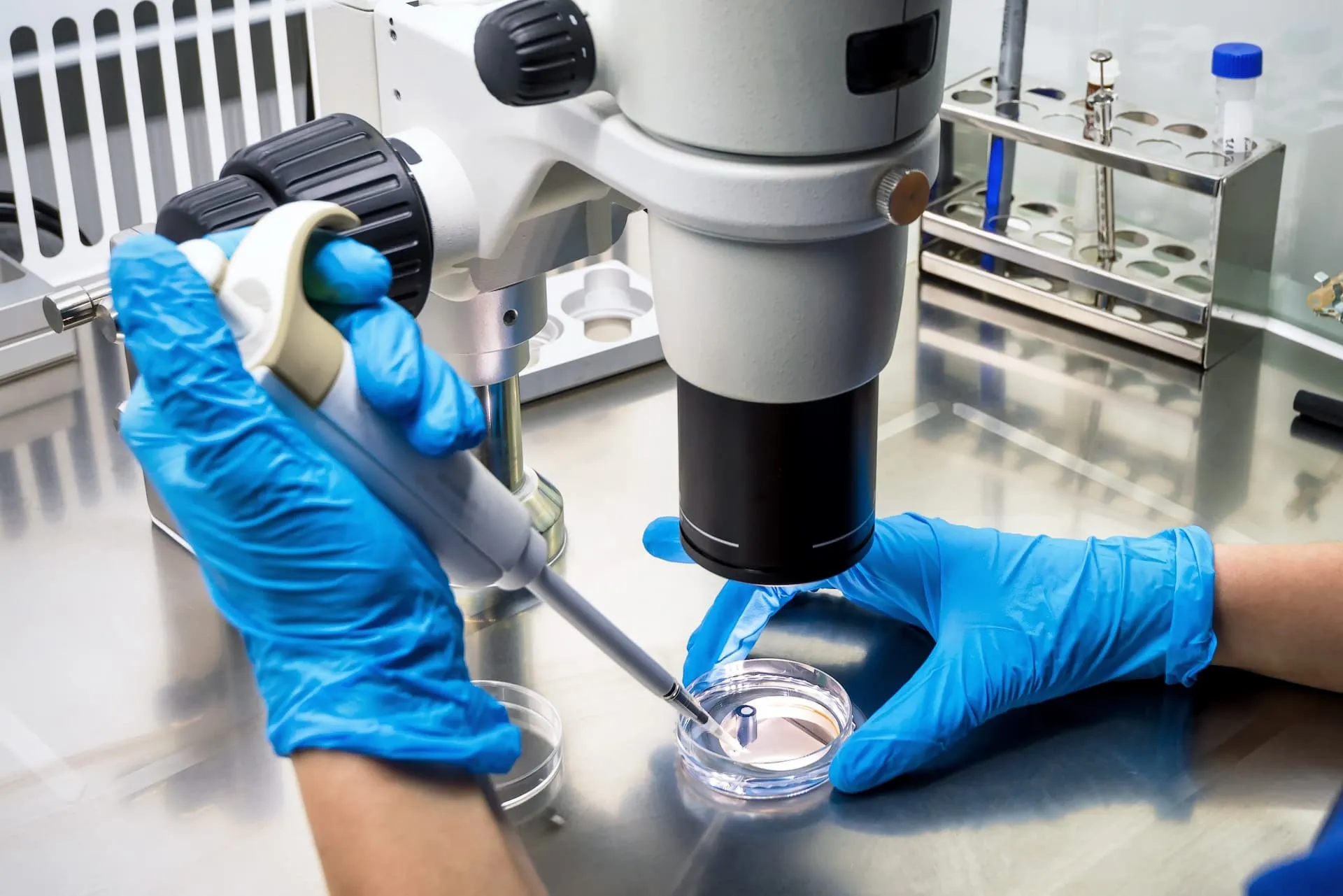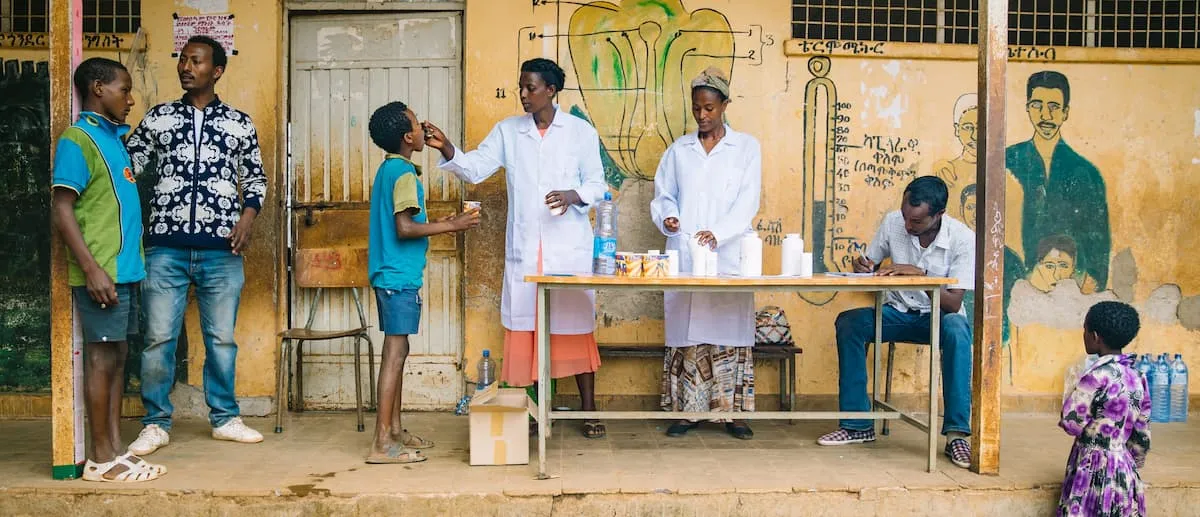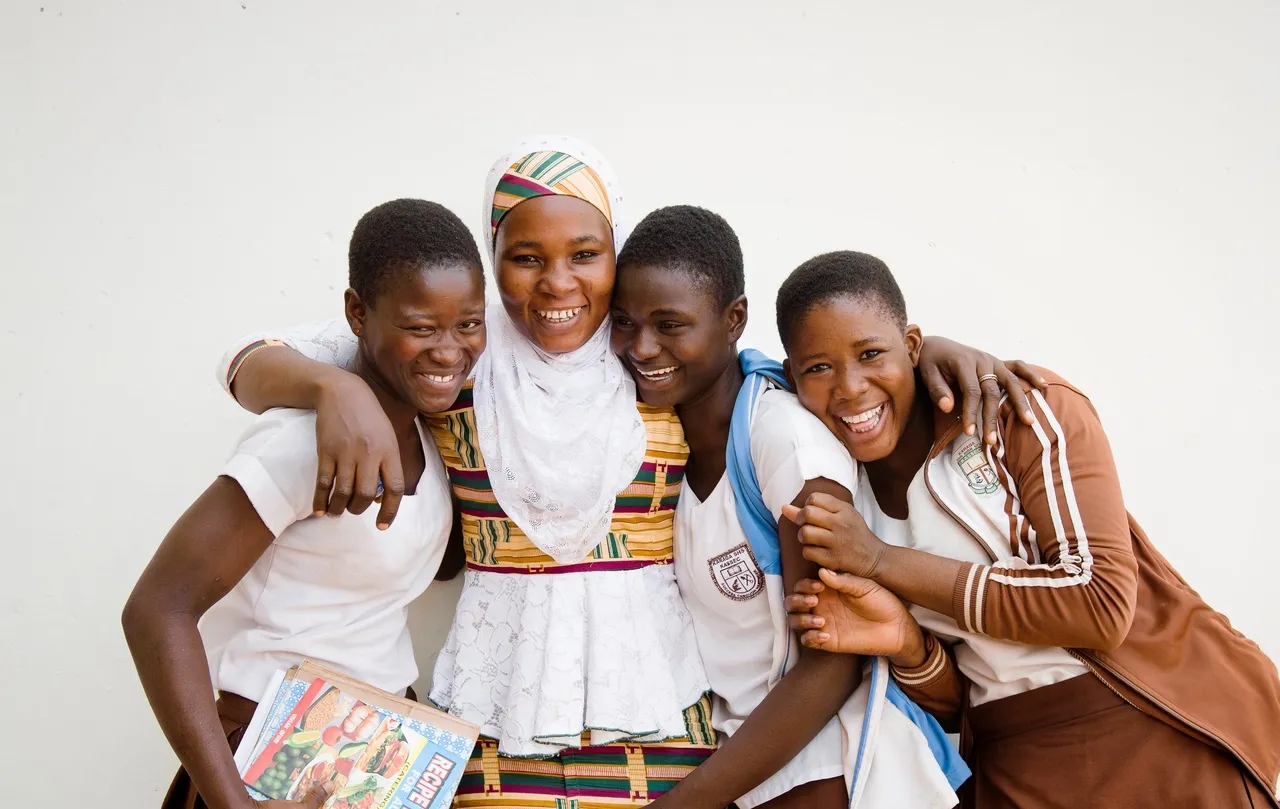Finding truth and justice for the missing through forensic technology
Equipo Argentino de Antropología Forense (EAAF) will build lasting forensic systems to help identify victims of human rights violations, including missing migrants and victims of wars and authoritarian regimes.
Relevant Stats
Paragraph introducing any relevant stats.

Project
Description
Problem
Every day, hundreds of people across the globe disappear or are killed as a result of government repression, war, internal conflicts and mass migration. Many of their bodies are never found, and of the ones that are, few are ever identified. When a loved one goes missing, families typically reach out to authorities in their communities, but these institutions are often ill-equipped to help, disinterested in involvement and, at times, implicated in the crimes themselves. Families struggle to recover their loved one’s remains and to find truth and justice — the lack of answers takes a toll on their physical and mental health and creates transgenerational trauma. The void of evidence allows perpetrators to get away with murder and leaves damaging government policies unchanged. Even the most organized and driven families can only do so much without the expertise of independent experts, who can develop evidence that can’t be ignored.
Big Idea
Forensic science can drive the identification of victims and hasten the return of their bodies to families. It can help determine the cause and manner of death, revealing trends that lead to stronger laws, and in violent cases, allow for the reconstruction of complex crime scenes and generation of evidence that can be used to hold perpetrators accountable. Equipo Argentino de Antropología Forense (EAAF) has the technology, tools and expertise to not just conduct forensic investigations in a family-centered way and identify missing people’s remains — but to help build lasting forensic systems in the many countries that currently lack them, particularly those that are low-to-middle-income (LMI). By scaling its investigations, training local organizations and advocating for stronger forensic policy across five continents, EAAF will make truth, justice and accountability a reality. They will provide families with answers and bring dignity to the deceased.
Plan
EAAF will expand its investigations, training and forensic policy advocacy in North and South America, Africa, Europe and the Middle East. This means replicating its pioneering Border Project — a forensic response to the crisis of missing migrants along the Central America-US corridor — to address similar circumstances along migrant corridors between Northwest Africa and Spain. Additionally, EAAF will innovate around two key forensic technologies: one that can determine the place of origin of unidentified remains (Stable Isotope Analysis), and another that can extract DNA from remains even when perpetrators intentionally damage them to cover their tracks (Massive Parallel Sequencing). Together, this will create an open and accessible data infrastructure that’s not currently available throughout most of the Global South, and will contribute to more robust human rights ecosystems in the regions of implementation.
Why will it Succeed?
Since 1984, EAAF has conducted forensic investigations in conjunction with families, supported justice processes and influenced forensic policy across 65 countries. Their evidence has helped convict authoritarian leaders in Argentina, Bolivia, Bosnia, Chad, Ethiopia, Haiti and Peru. They conducted the most complex forensic investigation in the International Criminal Court’s history in the Central African Republic, and their pioneering Border Project has been named the ‘preferred model’ for addressing migrant disappearances by the International Organization for Migration and the International Committee of the Red Cross. Since its founding, EAAF has stood at the forefront of technological application in forensics, and in 2020, was nominated for a Nobel Peace Prize for its work. Audacious support will help the organization move from a responsive, ‘fly-in’ approach to one with sustainable impact, strengthening the capacity of forensic systems across the countries that most need it.


.webp)





.jpg)








.jpg)

